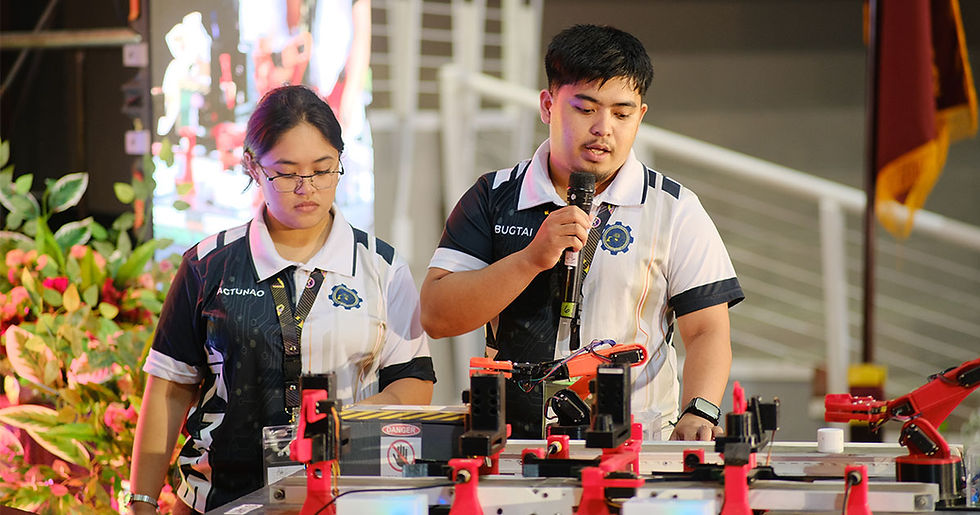Producing PPE to keep Bangladesh safe
- Field Ready
- Jun 29, 2022
- 3 min read
While most developed countries have cut back or even removed COVID-19 restrictions, the pandemic and other diseases are still very much a threat in other places. In Bangladesh, our "Protecting The Frontline" program has worked diligently with local makers and manufacturers across the country to help prevent disease spread by providing personal protective equipment (PPE) for frontline healthcare and NGO staff in the refugee settlements and host communities of Cox’s Bazaar, Chittagong and Dhaka.

As part of our four-country COVID-19 response; we partnered with Needs List and Humanitarian OpenStreetMap Team workers to help match frontline workers in Bangladesh, Kenya, Iraq and Uganda who need personal protective equipment with local manufacturers in those countries who can make it for them. With support from Creating Hope in Conflict: a Humanitarian Grand Challenge, the program received more than 500,000 orders and helped protect more than 250,000 frontline workers who trying to prevent disease spread.
By the end of 2021, our Bangladesh team produced nearly 75,000 face shields, safety goggles, individual hand sanitizers, handwashing stations and foot-operated taps

and distributed them to some 31 non-profit and 6 healthcare organizations in Cox’s Bazar and Chattogram. We're also working with refugee organizations in the camps to manufacture more foot-operated taps and handwashing stations - all of which will help not just stem viral spread but improve general community hygiene.
When it comes to quality, we're committed to the highest standards in safety - and so are the manufacturers we're working with to help frontliners in need. So far, we've successfully worked with five local manufacturers in the capital of Dhaka, including a university-affiliated makerspace – FAB LAB Sher-e-Bangla Agricultural University (FABLAB SAU). We've done substantial work with them on capacity building to ensure they meet international production standards through quality control and quality assurance.
Building our network of manufacturing partners has been a very careful, detailed process. We've closely screened each potential manufacturing candidate before committing to work with them. We also conducted extensive mapping to build a database of people and organizations we can reliably work with. So far, we've collected 750 manufacturers, including small workshops, SME factories and makerspaces in Dhaka - where the industry ecosystem is concentrated.

In the Cox's Bazaar region, we vetted more than 150 small manufacturers and mapped their workshops and factories. The mapping is still ongoing in Dhaka on a rolling basis. Going forward, we will establish a criterion to sort this list of manufacturers into various categories and provide them with necessary support accordingly.
While we've produced commercial cases of PPE, we're also working on producing other humanitarian aid supplies in Bangladesh - including equipment to improve sanitation such as our Jengu handwashing stations, seen at right and above. To make sure we're providing the most needed items, we're working with other INGOs that can help us gather data from users. This research will allow us to build a comprehensive view of the local humanitarian aid supply chain and then get to work setting up local manufacture of those items.
Why is this important? Because most humanitarian supplies used in Bangladesh currently come from other countries through UN agencies - which causes delays, uses up fuel and increases emissions...and is expensive. By getting or making items from local suppliers/retailers/distributors, we can respond to needs more quickly and save more lives, help lower emissions and reduce costs, as well as build local economies.
"Protecting The Frontline" will continue supplying PPE and WASH equipment to workers in the Bangladeshi refugee camps, as well as looking for new ways to connect local manufacturers with local communities. We'll keep you updated on our progress!


_edited.png)




Comments